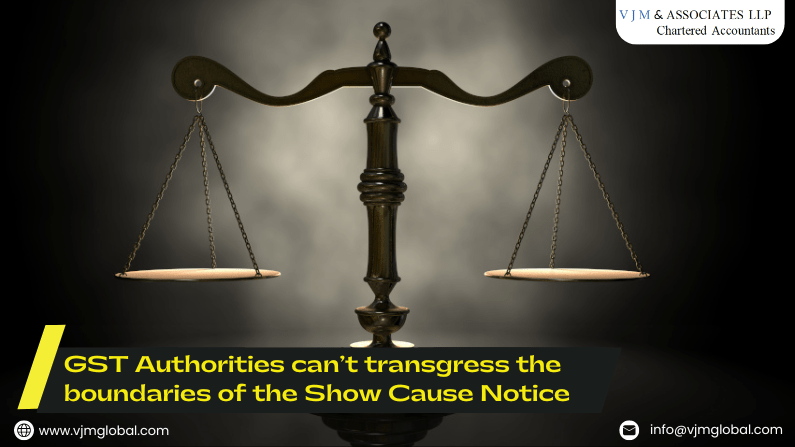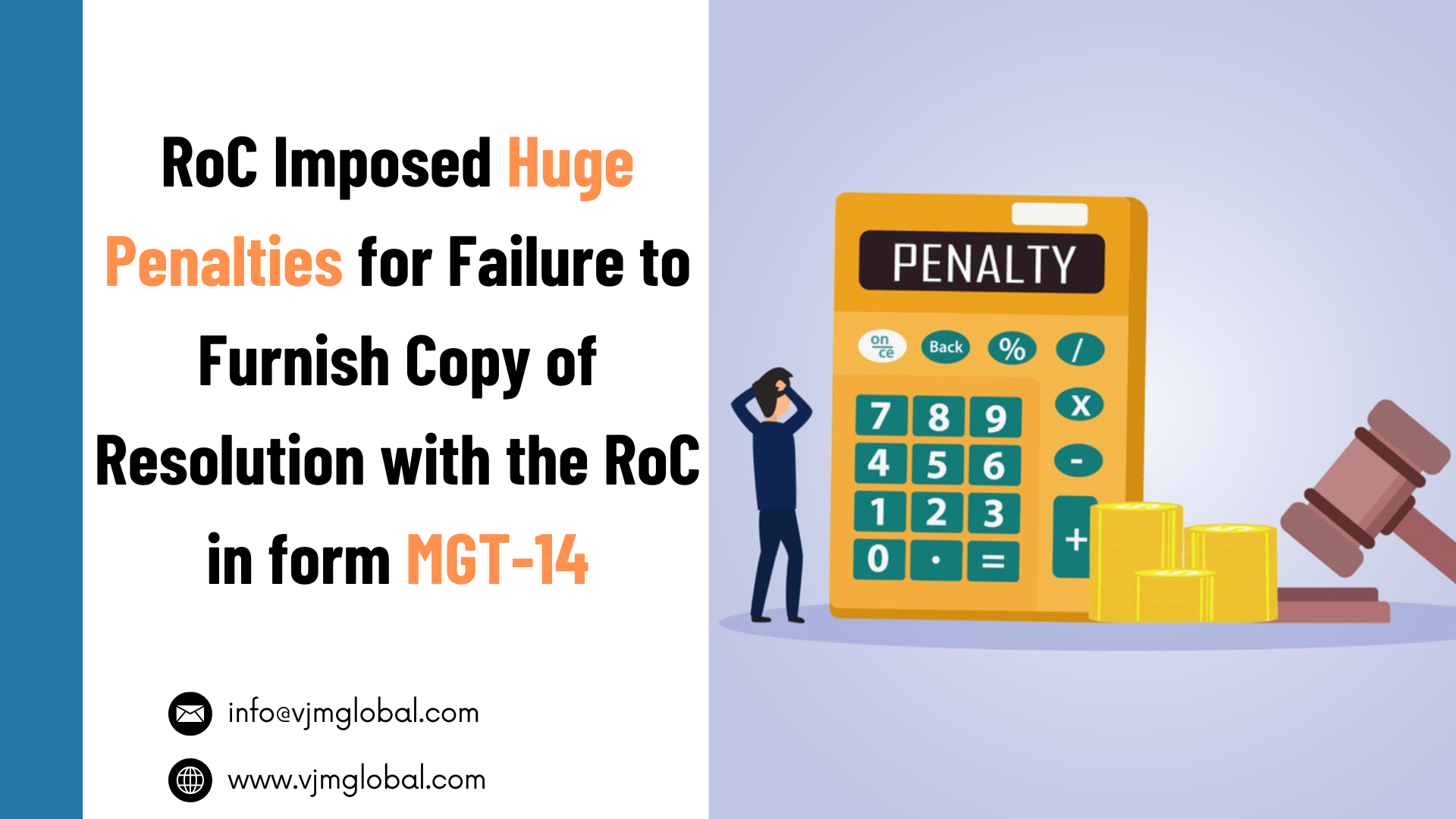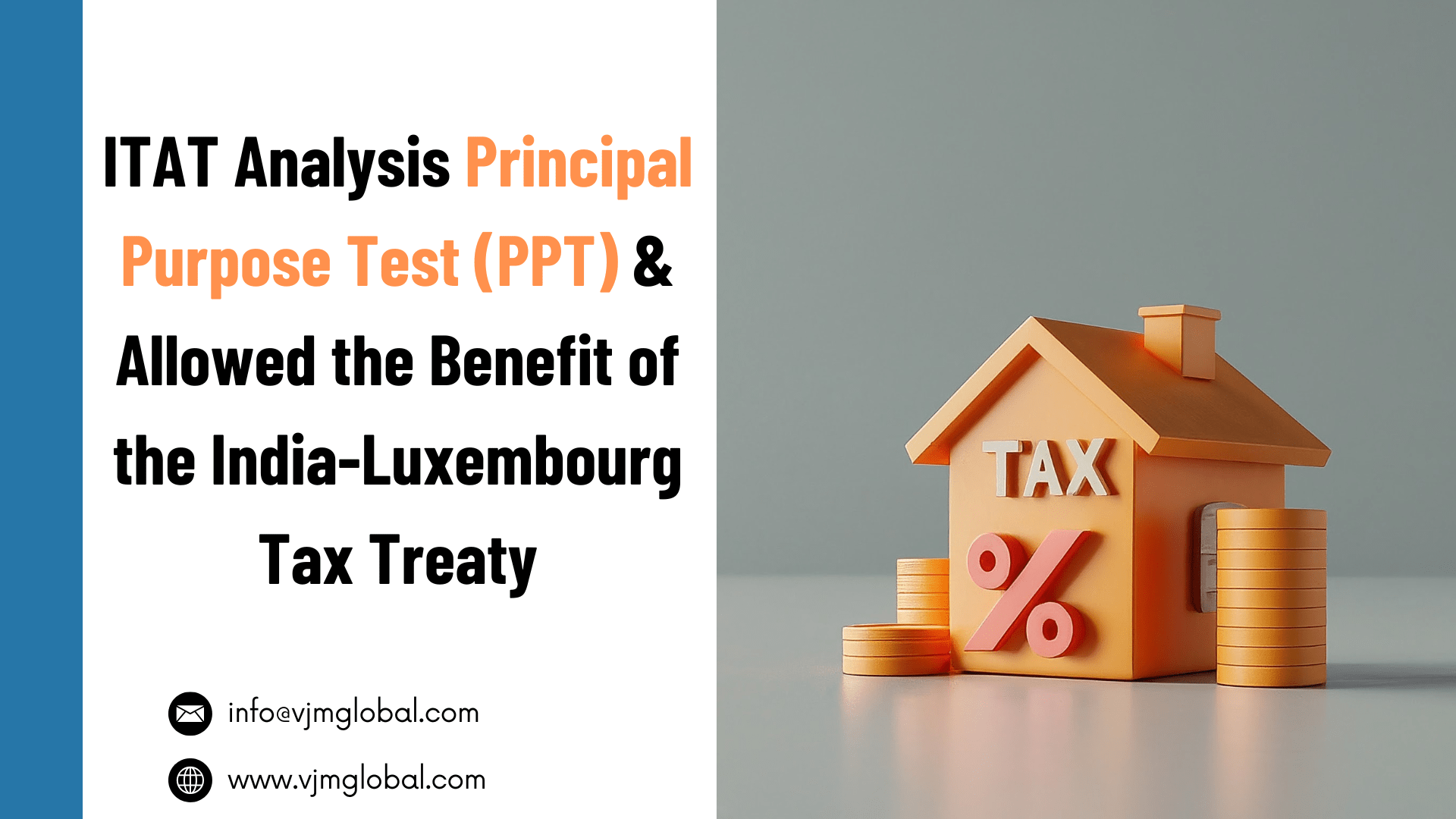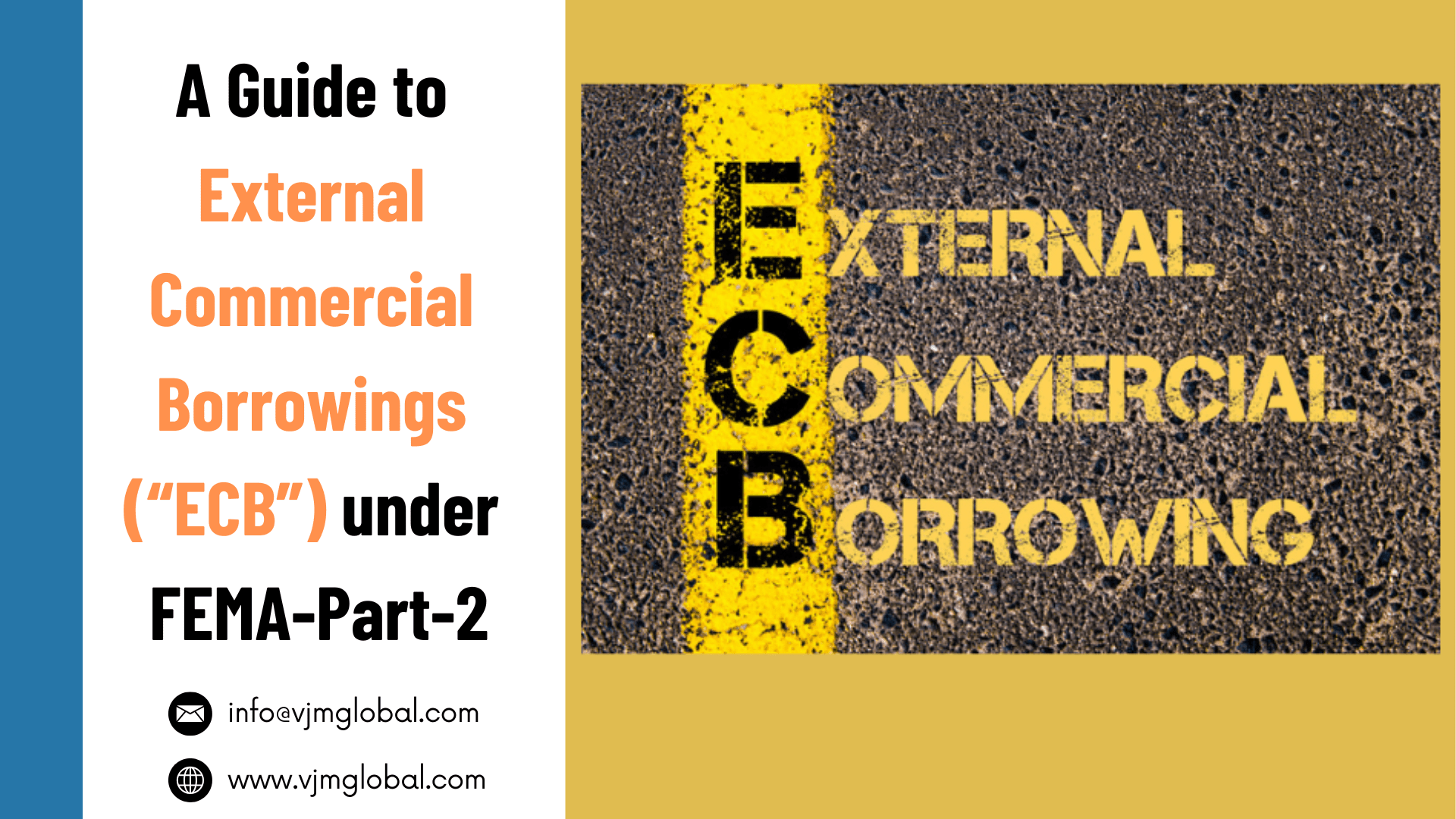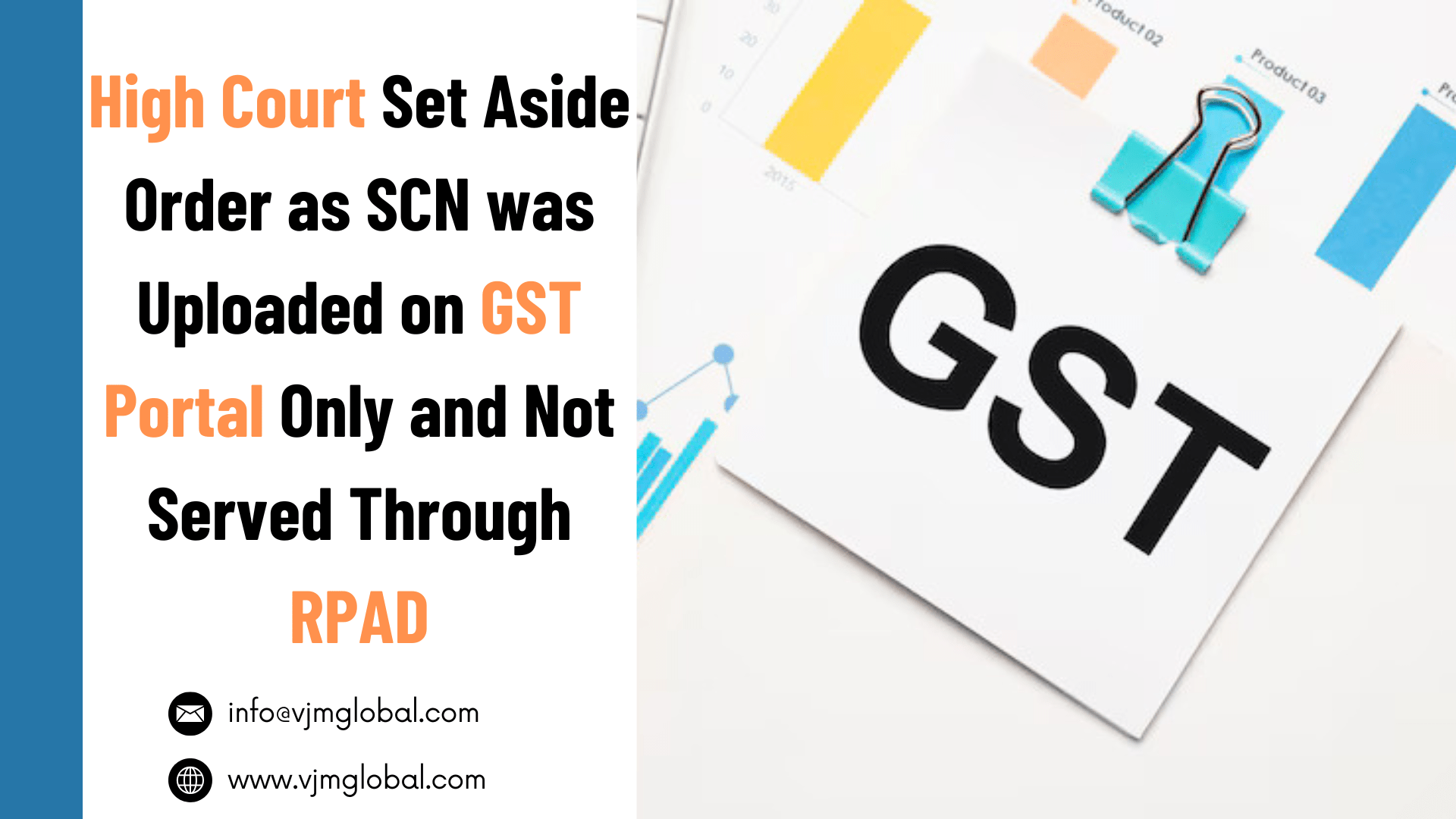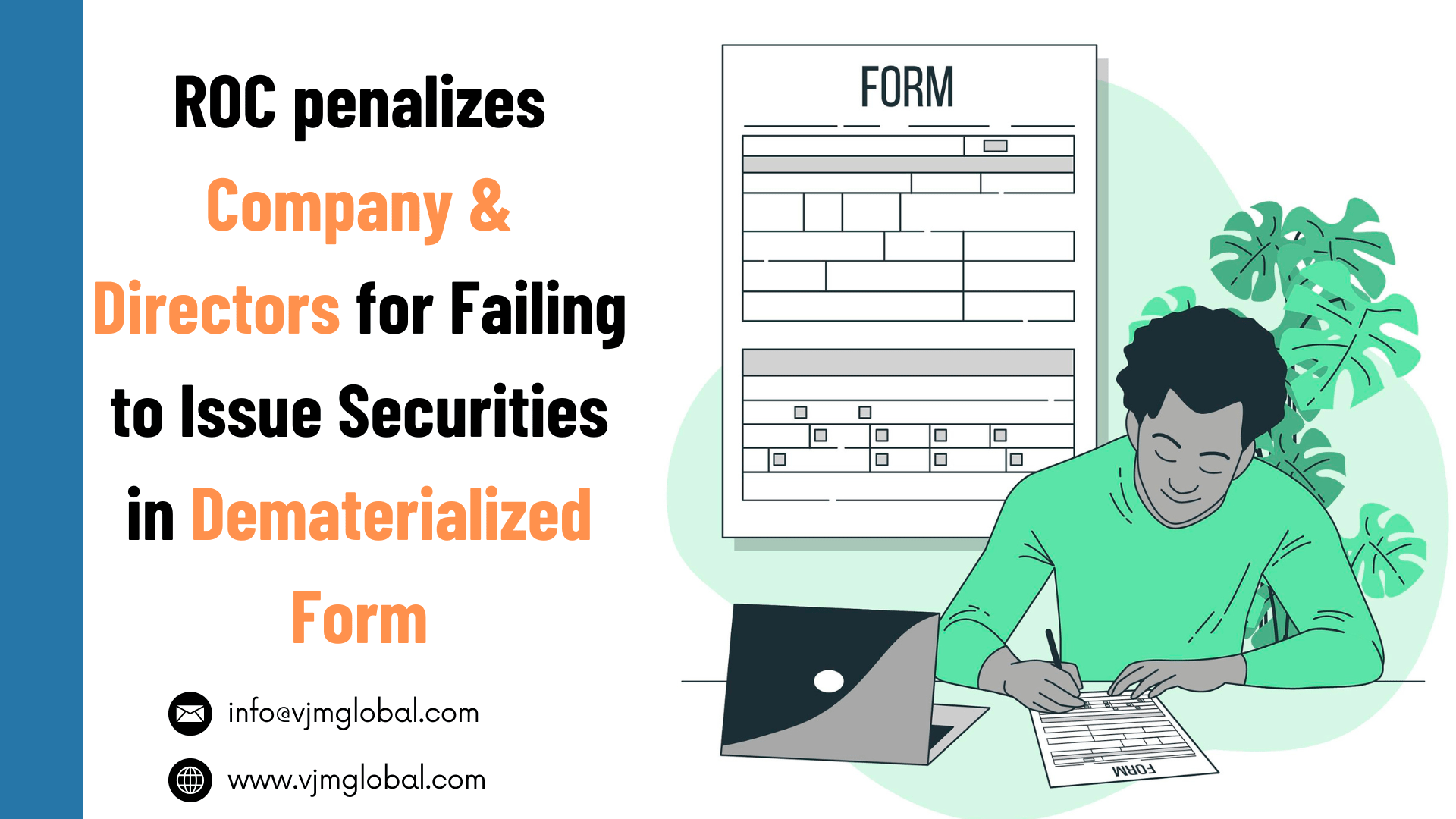Held by Hon’ble High Court of Allahabad
In the matter of
Associated Switch Gears and Projects Ltd. Vs State of U.P. (Writ Tax No. 276 0f 2020)
The Petitioner received an order for imposition of penalty. Show Cause notice was issued on the ground that the vehicle was traveling to a destination not mentioned in the invoice. However, while issuing the order, the appellate authority has imposed a penalty on a different ground.Hon’ble High Court held that “Show Cause Notice” serves as a vital checkpoint which defines the boundaries within which any authority can operate. Show cause notice is an initial document which impose allegations or discrepancies on the taxpayer and provide an opportunity to the taxpayer to present their side of the story. Any action beyond the scope defined in SCN not only undermines the legitimacy of the authority but also compromises the rights of the individuals or entities involved.
Adhering the show cause notice is not merely a procedural formality, but a mandatory requirement, beyond the scope of which, no action can be taken. Therefore, impugned order is liable to be set aside.
Hon’ble High Court of Allahabad held that
1. Brief Facts of the Case
- In this case, the writ petition is filed by the petitioner against:
- Order dated August 20, 2019, passed in appeal; and
- Penalty order dated July 24, 2018, passed by the GST Authority
- As per order, at the time of issuance of show cause notice, the GST authority took a plea that the vehicle was traveling to a destination not mentioned in the invoice. Same was accepted in appeal by the authorities as well.
- However, while issuing order, the appellate authority has imposed a penalty on a different ground, that is, that the e-Way Bill had expired though the same was accompanied with goods.
2. Analysis by Hon’ble High Court
Hon’ble High Court analyzed that:
- In numerous cases, the Supreme Court has upheld that the authorities cannot transgress the boundaries of the show cause notice.
- In the case of Commissioner of Customs, Mumbai -v- Toyo Engineering Ltd., reported in (2006) 7 SCC 592, the Supreme Court emphasized upon the necessity of specifying the grounds for taking action against an individual in the show cause notice. Hon’ble Supreme court held that:
- The Revenue could not be allowed to raise submissions for the first time in the second appeal before the Tribunal.
- Neither the adjudicating authority nor the Appellate Authority had denied the facility of the project import to the respondent on any of these grounds.
- These grounds did not find mention in the show cause notice as well.
- The Department cannot travel beyond the show-cause notice. Even on the grounds of appeals these points have not been taken.
- In Commissioner of Central Excise, Bhubaneshwar -v- Champdany Industries Ltd., reported in, (2009) 9 SCC 466, the Supreme Court held as that it is well settled that unless the foundation of the case is made out in the show-cause notice, the Revenue cannot in Court argue a case not made out in its show-cause notice.
- Concept of Show Cause Notice:
- “Show Cause Notice” is an administrative instrument that serves as a vital checkpoint which defines the boundaries within which any authority can operate.
- Show cause notice is an initial step of administrative or legal process wherein entity is formally apprised of allegations or discrepancies attributed to them.
- SCN provides an opportunity to the taxpayer to present their side of the story.
- By issuing a show cause notice, an authority acknowledges the principle of audi alteram partem, or “hear the other side”, ensuring fairness and due process in its proceedings.
- Significance of Show Cause Notice
- The significance of adhering to the limit of SCN is preventing arbitrary exercises of power.
- Any action beyond the scope defined in SCN not only undermines the legitimacy of the authority but also compromises the rights of the individuals or entities involved.
- Issuance of SNC imposes a duty on authority to meticulously outline the specific allegations or concerns prompting its issuance.
- If authorities expand the scope of inquiry or introduce new allegations beyond those mentioned in SCN, such practice will violate this principle of specificity, depriving the recipient of a fair opportunity to address the accusations leveled against it.
- SCN demarcates the boundaries within which any authority can exercise its powers.
- Therefore, adhering to the show cause notice is not merely a procedural formality, but a mandatory requirement, beyond the scope of which, no action can be taken.
- Adherence to the show cause notice is a fundamental safeguard against arbitrary exercises of power, ensuring that authority remains tethered to the principles of justice and the rule of law.
- In Jitendra Kumar -v- State of U.P. and Anr., reported in, 2023 SCC OnLine All 2837, this Court, while dealing with a similar factual matrix, stated that as has been settled by various Supreme Court judgments, once the Revenue had taken a particular stand, the same cannot be completely changed and/or supplemented by a different reason or ground.
3. Order
Hon’ble High Court held that:
- In the present case, GST authorities have travelled beyond the reasons given in show cause notice and imposed a penalty on the ground that was never mentioned in the show cause notice.
- The petitioner never had any opportunity to defend itself on the said ground.
- Therefore, the impugned order is liable to be quashed and set aside.

